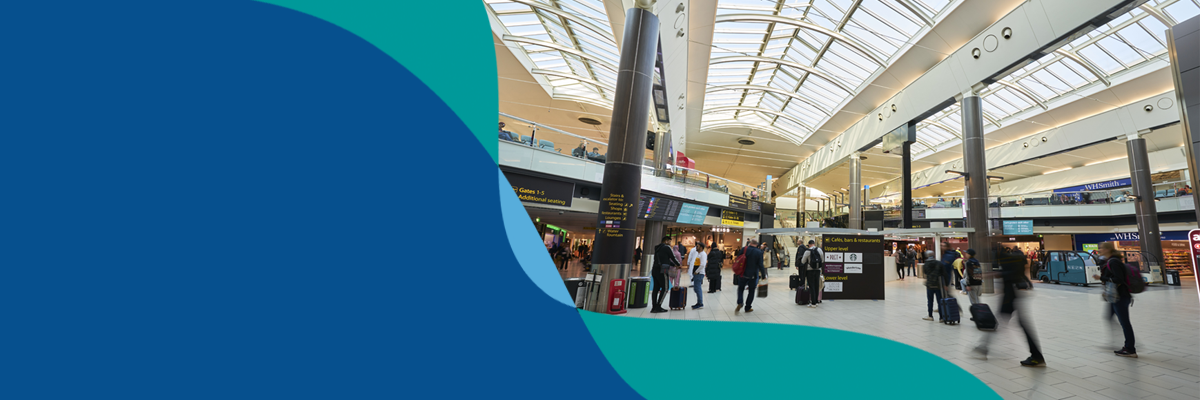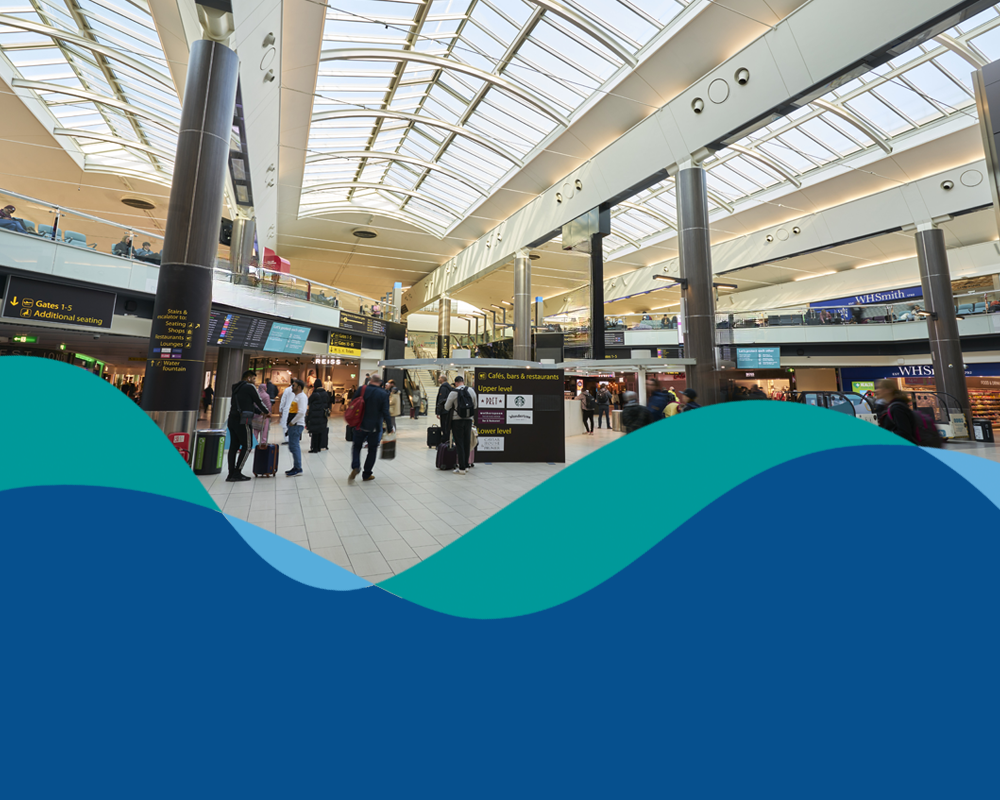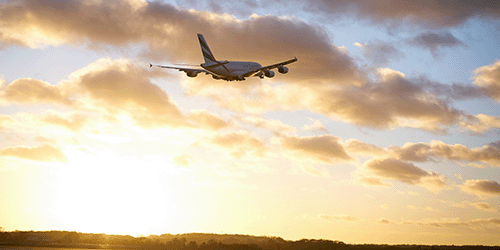License system
How we do business is overseen by the Civil Aviation Authority (CAA) through a licence system.
The way London Gatwick is regulated was transformed in 2014, when a system of 'contracts and commitments' was introduced.
London Gatwick makes a set of ‘commitments’ which include a ceiling on the average level of airport charges, a minimum level of investment and a system of rebates if we miss certain service quality targets (known as core service standards). These commitments are conditions of our economic licence issued by the CAA.
The commitments framework is intended to be a proportionate and targeted approach to economic regulation, which encourages bilateral contracting with airlines and facilitates commercial rather than regulator-led decision making. Under the framework, we enter bilateral contracts with many individual airline customers tailored to their individual requirements. These commercial agreements ensure that we consistently work with airline partners to enhance the customer experience.
The current commitments were introduced in 2021 and cover the four year period to 31 March 2025. Our economic licence and proposal to extend the commitments to 31 March 2029 are available on the CAA’s economic regulation webpage.
Our Conditions of Use set out airport charges and price and service commitments for the current year.
The Gatwick byelaws regulate the operation of the airport including all of the land, buildings and roads at the airport.
Airport byelawsWe publish monthly reports on how we perform against our service quality targets:
Running a successful airport is a complex business. We work with over 250 companies to deliver a high quality service for our passengers. This includes airlines, third parties, regulators and government bodies.
Around 45 airlines fly from London Gatwick. They're responsible for check in and boarding, delivering hold baggage to its destination, cargo and providing and fueling planes.
NATS look after air traffic control and management of the UK and North Atlantic airspace. They control movements from when planes leave their stand to when it leaves UK airspace.
ACL are responsible for allocating slots and other data collection. They also operate at other UK airports.
Border Force secures the UK borders and controls migration in the UK.
The CAA control all flight paths and routes at UK airports. They regulate airlines, airports and air traffic services. They also set airport charges at London airports.
Individual businesses and services help improve your airport experience.
These include shops, restaurants, car parking and currency exchange


